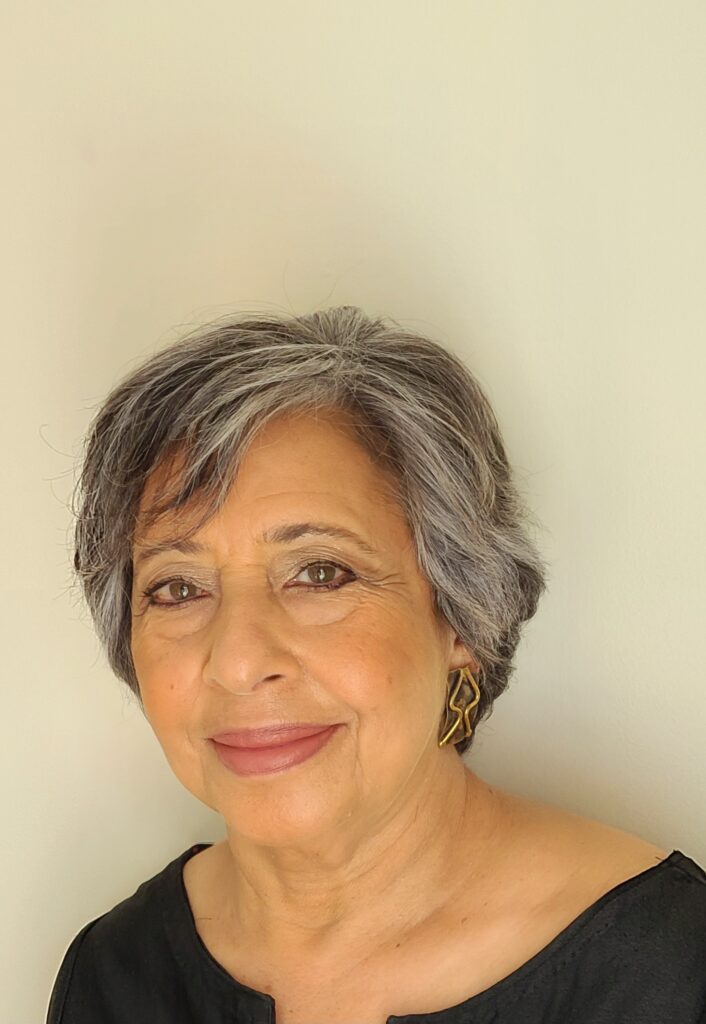In the heat of an argument, boundaries can easily slip away, leading to behaviours that can have lasting consequences on a relationship. For couples grappling with underlying issues of racial trauma, the stakes are even higher. Verbal abuse and racial slurs not only inflict immediate harm but also contribute to a cycle of pain that can hinder emotional intimacy and trust.
Racial trauma refers to the psychological and emotional harm caused by experiences of racism and discrimination. This trauma can manifest in various ways, including anxiety, depression, and low self-esteem. For couples, the effects can permeate their interactions, especially during conflicts. When individuals carry the weight of racial trauma, their responses in arguments may be heightened, leading to verbal outbursts that are damaging both in the moment and in the long run.
The Slippery Slope of Verbal Abuse
During heated exchanges, resorting to hurtful words can be all too easy. Verbal abuse can take many forms, including name-calling, insults, and threats. When racial slurs are introduced into the argument, it not only amplifies the harm but also signals a deep-seated issue within the relationship. Such language can evoke feelings of betrayal and reinforce existing traumas, creating a rift that can be challenging to bridge.
Moving Forward: Healing and Rebuilding
Couples must recognize the detrimental effects of verbal abuse and racial slurs. Here are some steps to help navigate these challenges:
- Open Communication: Establish a safe space for discussing feelings and experiences. Understanding each partner’s background can foster empathy and compassion.
- Set Clear Boundaries: Agree on what is unacceptable during conflicts. Mutual understanding can help both partners feel respected and heard.
- Seek Professional Help: Therapy can be a valuable resource. A trained therapist can guide couples through their issues, helping them to address underlying trauma and improve communication skills.
- Educate Each Other: Take the time to learn about each other’s backgrounds and experiences with race and trauma. This understanding can lead to deeper connections and more constructive conflict resolution.


0 Comments